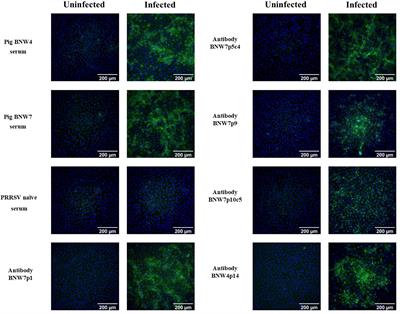EDITORIAL
Published on 20 Apr 2023
Editorial: Porcine reproductive and respiratory syndrome virus - animal virology, immunology, and pathogenesis

doi 10.3389/fimmu.2023.1194386
- 1,805 views
- 7 citations
10k
Total downloads
38k
Total views and downloads
EDITORIAL
Published on 20 Apr 2023

ORIGINAL RESEARCH
Published on 16 Dec 2021

ORIGINAL RESEARCH
Published on 16 Nov 2021

ORIGINAL RESEARCH
Published on 26 Jul 2021

ORIGINAL RESEARCH
Published on 02 Jun 2021

ORIGINAL RESEARCH
Published on 11 May 2021

ORIGINAL RESEARCH
Published on 24 Mar 2021

ORIGINAL RESEARCH
Published on 09 Mar 2021

ORIGINAL RESEARCH
Published on 22 Feb 2021

